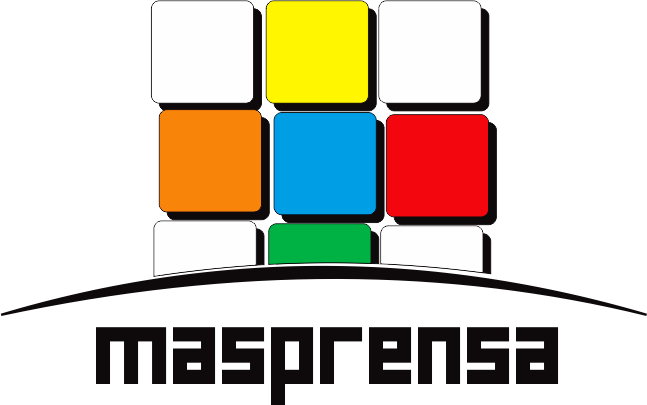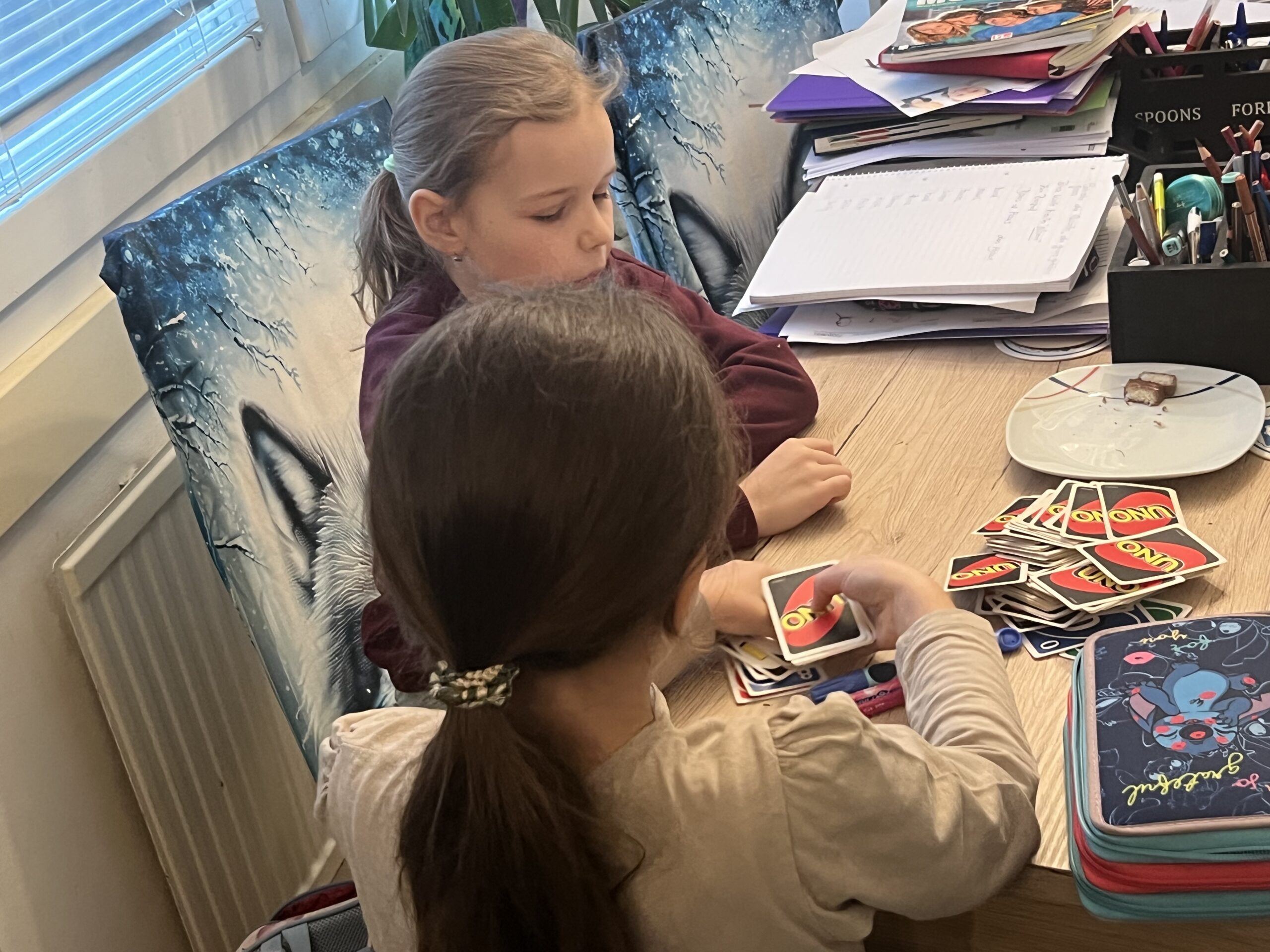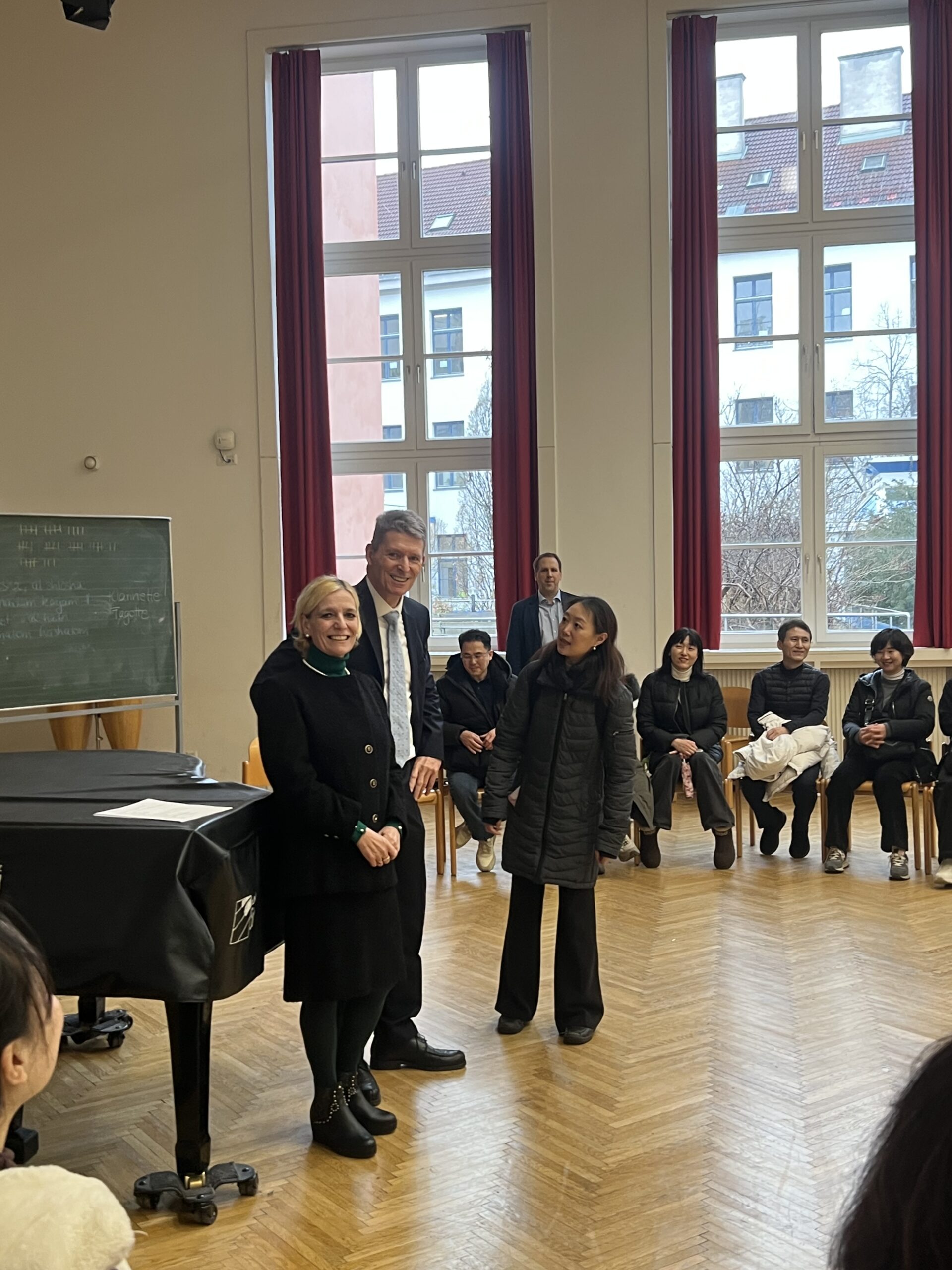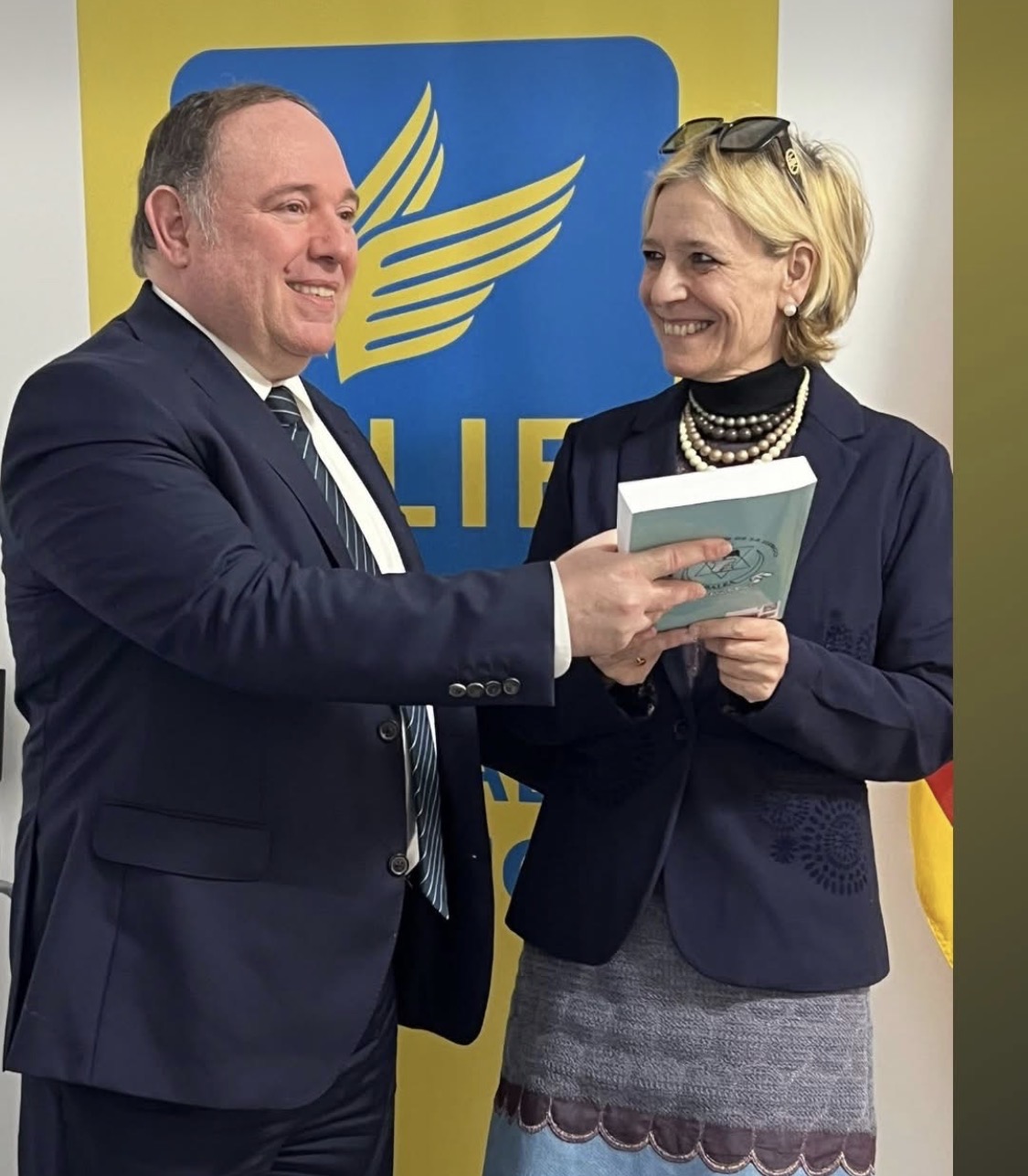
can and could are modal auxiliary verbs. be able to is NOT an auxiliary verb (it uses the verb be as a main verb). We include be able to here for convenience.
In this lesson we look at can, could and be able to, followed by a quiz to check your understanding.
can
Can is an auxiliary verb, a modal auxiliary verb. We use can to:
- talk about possibility and ability
- make requests
- ask for or give permission
Structure of can
The basic structure for can is:
| subject | + | auxiliary verb can | + | main verb |
The main verb is always the bare infinitive (infinitive without to).
| subject | auxiliary verb can | main verb | ||
|---|---|---|---|---|
| + | I | can | play | tennis. |
| – | He | cannot | play | tennis. |
| can’t | ||||
| ? | Can | you | play | tennis? |
Notice that:
- Can is invariable. There is only one form: can
- The main verb is always the bare infinitive.
The main verb is always the bare infinitive (infinitive without to). We cannot say: I can to play tennis.
Use of can
can for possibility and ability
We use can to talk about what is possible, what we are able or free to do:
- She can drive a car.
- John can speak Spanish.
- I cannot hear you. (I can’t hear you.)
- Can you hear me?
Normally, we use can for the present. But it is possible to use can when we make present decisions about future ability.
- Can you help me with my homework? (present)
- Sorry. I’m busy today. But I can help you tomorrow. (future)
can games for present ability
can for requests and orders
We often use can in a question to ask somebody to do something. This is not a real question – we do not really want to know if the person is able to do something, we want them to do it! The use of can in this way is informal (mainly between friends and family):
- Can you make a cup of coffee, please.
- Can you put the TV on.
- Can you come here a minute.
- Can you be quiet!
can for permission
We sometimes use can to ask or give permission for something:
- Can I smoke in this room?
- You can’t smoke here, but you can smoke in the garden.
(Note that we also use could, may, might for permission. The use of can for permission is informal.)
can/could/may games for present permission
could
Could is an auxiliary verb, a modal auxiliary verb. We use could to:
- talk about past possibility or ability
- make requests
Structure of could
| subject | + | auxiliary verb could | + | main verb |
The main verb is always the bare infinitive (infinitive without to).
| subject | auxiliary verb could | main verb | |
|---|---|---|---|
| + | My grandmother | could | swim. |
| – | She | could not | walk. |
| couldn’t | |||
| ? | Could | your grandmother | swim? |
Notice that:
- Could is invariable. There is only one form: could
- The main verb is always the bare infinitive.
The main verb is always the bare infinitive (infinitive without to). We cannot say: I could to play tennis.
Use of could
could for past possibility or ability
We use could to talk about what was possible in the past, what we were able or free to do:
- I could swim when I was 5 years old.
- My grandmother could speak seven languages.
- When we arrived home, we could not open the door. (…couldn’t open the door.)
- Could you understand what he was saying?
We use I (positive) and couldn’t (negative) for general ability in the past. But when we talk about one special occasion in the past, we use be able to (positive) and couldn’t (negative). Look at these examples:
| past | ||
|---|---|---|
| general | specific occasion | |
| + | My grandmother could speak Spanish. | A man fell into the river yesterday. The police were able to save him. |
| – | My grandmother couldn’t speak Spanish. | A man fell into the river yesterday. The police couldn’t save him. |
could games for past ability
could for requests
We often use could in a question to ask somebody to do something. The use of could in this way is fairly polite (formal):
- Could you tell me where the bank is, please?
- Could you send me a catalogue, please?
be able to
Although we look at be able to here, it is not a modal verb. It is simply the verb be plus an adjective (able) followed by the infinitive. We look at be able to here because we sometimes use it instead of can and could.
We use be able to:
- to talk about ability
Structure of be able to
The basic structure for be able to is:
| subject | + | be | + | able | + | to-infinitive |
| subject | main verb be | adjective able | to-infinitive | |
|---|---|---|---|---|
| + | I | am | able | to drive. |
| – | She | is not | able | to drive. |
| isn’t | ||||
| ? | Are | you | able | to drive? |
Notice that be able to is possible in all tenses, for example:
- I was able to drive…
- I will be able to drive…
- I have been able to drive…
Notice too that be able to has an infinitive form:
- I would like to be able to speak Chinese.
Use of be able to
Be able to is NOT a modal auxiliary verb. We include it here for convenience, because it is often used like «can» and «could», which are modal auxiliary verbs.
be able to for ability
We use be able to to express ability. «Able» is an adjective meaning: having the power, skill or means to do something. If we say «I am able to swim», it is like saying «I can swim». We sometimes use be able to instead of «can» or «could» for ability. Be able to is possible in all tenses – but «can» is possible only in the present and «could» is possible only in the past for ability. In addition, «can» and «could» have no infinitive form. So we use be able to when we want to use other tenses or the infinitive. Look at these examples:
- I have been able to swim since I was five. (present perfect)
- You will be able to speak perfect English very soon. (future simple)
- I would like to be able to fly an airplane. (infinitive)

uick reference
- Can is used for present ability and possibility («I can dance.» / «I’m sorry, but I can’t help you.»)
- Can is informally used for offers and requests («Can I help you?» / «Can I make a suggestion?»)
- Could is used for past ability and possibility («We couldn’t finish the project on time.» / «She could read when she was three years old.»)
- Could is neutrally used for offers and requests («Could you open the door for me, please?»)
- Be able to is used for present, past, and future ability and possibility («Are you able to swim?» / «Were you able to swim?» / «Will you be able to swim?»)
- Be able to is also used to discuss the success or failure of an action («We weren’t able to find the book you wanted.»)
- Be able to can be used with other verbs, including modals («She should be able to attend the conference.» / «I want to be able to play the flute.»)
We use can, could, and be able to to talk about ability and possibility.
CAN
Can is used to talk about present–or general–abilities and possibilities. You can use it to talk about abilities, skills, or talents, and you can use it to talk about what is possible to do. For example:
«Serge can play the piano.» (This means he has the ability to do this. It is one of his talents or skills.)
«I can call you later.» (This means I have the ability to do this. This is possible and not a problem for me.)
«My mom can sing very well.» (This means my mom is a good singer.)
«We can park in front of the school.» (This means it is possible for us to park in front of the school. We have the ability to do this, and we will not receive a parking ticket from the police for doing this.)
The negative of can is can’t or cannot. Can’t is more common than cannot in spoken English, but both can be used. For example:
«I can’t do this.» (I do not have the ability to do this. It is not possible for me.)
«He cannot ride a bike.» (He does not know how to ride a bike. This is not one of his skills.)
«You can’t enter the club without ID.» (It is not possible to enter the club without ID. You will not be able to enter the club without ID if you try to do this.)
«Barbara is sick and can’t go to work today.» (Barbara does not have the ability to go to work today. It is not possible for her because she is sick.)
Can’t and cannot are also used in some exaggerated idiomatic sentences. For example:
«I can’t believe this.» (You can say this if an event or news story shocks you, or if something is difficult for you to believe.)
«We can’t wait to see you.» (This means «We are very excited to see you, and we want to see you soon.»)
You can also use can to make offers and requests. Can is considered informal when you use it in this way. Look at the examples:
«Can I help you with something?» (I am asking if it is possible for me to help you with something. I am offering to help you.)
«Can I go home? I don’t feel good.» (I am asking if it is possible for me to go home. I am requesting to go home.)
«Can we finish early today?» (I am asking if it is possible for us to finish early. I am requesting to finish early.)
«Can I get you a coffee?» (I am asking if it is possible for me to get you a coffee. I am offering to get you one.)
As you can see, you can use can to ask for things or to offer to do something.
Can Structures:
Affirmative: Subject + can + bare infinitive («She can sing.»)
Negative: Subject + can’t/cannot + bare infinitive («I can’t finish my homework today.»)
Yes/No Question: Can/Can’t + subject + bare infinitive («Can you help me?»)
Wh- Question: Wh- + can/can’t + subject + bare infinitive («Why can’t you attend the meeting?»)
Practice: Complete the request:
«Can I…?»
Example answers: «Can I have a cookie?» «Can I sit in the front seat?» (Context: the front seat of a car)
COULD
Could is the past of can, and it can do everything that can can do. It has several other more advanced functions in English too, but to stay focused, we will not address those uses here.
Could is used to talk about past abilities and possibilities. You use it to talk about what abilities, skills, or talents you had or developed in the past, and what was possible for you to do in the past. For example:
«I could read when I was three years old.» (This means I had the ability to read when I was three years old.)
«She could dance really well.» (This means she had a talent for dancing. She had the ability to dance well.)
«Could you go outside by yourself when you were a kid?» (This is asking if it was possible for you to go outside alone when you were a kid. Did your parents give you the ability to do this?)
«At my old job, we could wear headphones and listen to music while we worked.» (This means it was possible for employees to wear headphones and listen to music.)
«I couldn’t open the door, so I went into the house through the window.» (This means I did not have the ability to open the door. I tried to open it by force, but it did not open for me.)
The negative of could is could not or couldn’t, as you just saw above. Couldn’t is more common in spoken English. If you couldn’t do something in the past, it was not possible and/or you did not have the ability to do it. Note the examples:
«I couldn’t read until I was nine years old.» (I did not have the ability to read until I was nine years old.)
«He couldn’t swim well when he was a kid.» (He did not have the physical ability to swim well when he was a child. Or maybe he never learned how to swim well.)
«We couldn’t afford to buy a house ten years ago.» (It was not possible for us to buy a house ten years ago. We did not have the money for it, so we did not have the ability to buy it.)
«She couldn’t work for six months after her accident.» (It was not possible for her to work. She did not have the ability to do it because of her accident.)
Just like can, you can also use could to make offers and requests. Could is a more neutral word in these cases. Note the examples:
«Could you hold the door for me, please?» (I am asking you to hold the door for me.)
«Could I offer you a ride to the train station?» (You are offering to drive someone to the train station.)
«Could you move over a little bit, please?» (I am asking you to move to the side a little bit. Perhaps I want to sit beside you, or you are blocking my view of something.)
«Could I have another chance?» (I am asking for another opportunity to do something.)
Remember, could is a neutral word in these situations, while can is slightly more informal. Also, could has a present meaning in all of these examples. It is perfectly normal to use it in present contexts when you are asking for something or offering something. All of the examples above refer to the present, not the past.
Could Structures:
Affirmative: Subject + could + bare infinitive («He could sing the alphabet.»)
Negative: Subject + couldn’t/could not + bare infinitive («The car couldn’t move.»)
Yes/No Question: Could/Could + subject + bare infinitive («Could you do what you wanted?»)
Wh- Question: Wh- + could/couldn’t + subject + bare infinitive («What could you see?»)
Practice: What could you do by the time you were 10 years old? What couldn’t you do?
Start: «By the time I was 10 years old, I could…However, I couldn’t…»
BE ABLE TO
Be able to is special because it is used to talk about ability and possibility, but it can be used to refer to the past, present, or future. It is also used to talk about succeeding in or failing to do something. In regard to ability and possibility, can is only used in the present, could is only used in the past, but be able to is much more versatile. Let’s look at all of the possibilities for be able to (remember, you must conjugate the be in be able to to match its subject):
Present simple: «I’m able to swim.» (This means I have the ability to swim. You can also just say «I can swim.»)
Present perfect: «I’ve been able to contact our client.» (This means I have succeeded in contacting our client. I attempted the action and was successful.)
Past simple: «We were able to clean up the house in 30 minutes.» (This means we succeeded in cleaning up the house in 30 minutes. This is what our abilities allowed us to do.)
Past perfect: «We had been able to find a cheap plane ticket.» (This means we had succeeded in finding a cheap plane ticket.)
Future simple: «After she finishes this program, she will be able to get a job as an accountant.» (This means it will be possible for her to get a job as an accountant.)
Future perfect: «By 12 o’clock, we will have been able to fix the problem.» (This means the problem will be fixed by 12 o’clock. We will have succeeded in fixing it by that time.)
The negative of be able to is be not able to (for present and past tenses) or not be able to (for future tenses). Here are some examples:
«Sorry, but I won’t be able to finish the project today.» (It will not be possible for me to finish the project today. I will not have the ability to finish it.)
«She is not able to attend the meeting.» (It is not possible for her to attend the meeting. She does not have the ability to attend it.)
«They weren’t able to help us.» (This means it was not possible for them to help us, or they tried to help us, but they were not successful in doing what needed to be done.)
«I haven’t been able to contact Mark all morning.» (I have tried contacting Mark all morning, but he has not responded to my calls and/or messages.)
Be able to is also often used with other verbs (for example, «I want to be able to dance!»), and modal verbs. We have already seen this with the modal verb will above, but be able to can also be used with should, might, may, and would, as well as the semi-modal phrases have to and ought to. After a modal verb, be able to keeps its form and is not conjugated. This is a little more advanced than the uses above, but it is important and relevant to this discussion. Note the examples:
«If you work hard, you should be able to finish this task in under an hour.»
«I’m sorry, but I wouldn’t be able to help you in that situation.»
«You might be able to find a better price online.»
«She may be able to help you tomorrow.»
«To work here, you have to be able to talk to people.»
«Try calling Max’s store. He ought to be able to offer you a better deal than this one.»
If this feels like a lot of information, don’t worry. With some regular practice and exposure, you will be able to use be able to with confidence.
Be able to Simple Structures:
Affirmative: Subject + be able to + bare infinitive («He is able to hire and fire people.»)
Negative: Subject + be not able to + bare infinitive («I’m not able to move.»)
Yes/No Question: Be + subject + able to + bare infinitive («Are you able to hear me?»)
Wh- Question: Wh- + be + subject + able to + bare infinitive («What are we able to do?»)
Practice: What is something you would like to be able to do in the future?
Start: «In the future, I would like to be able to…»




